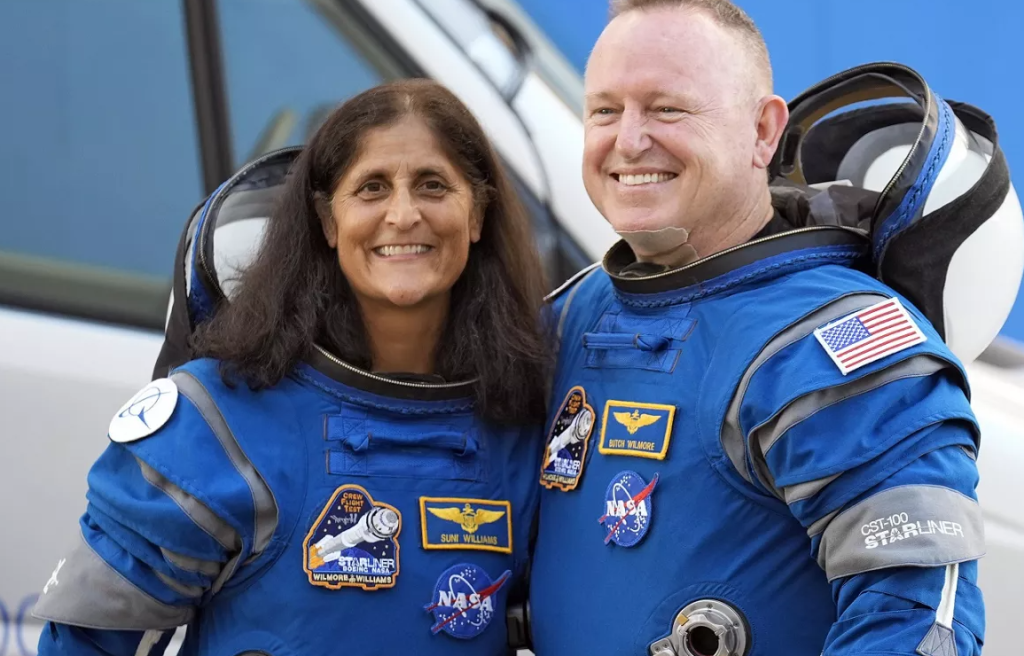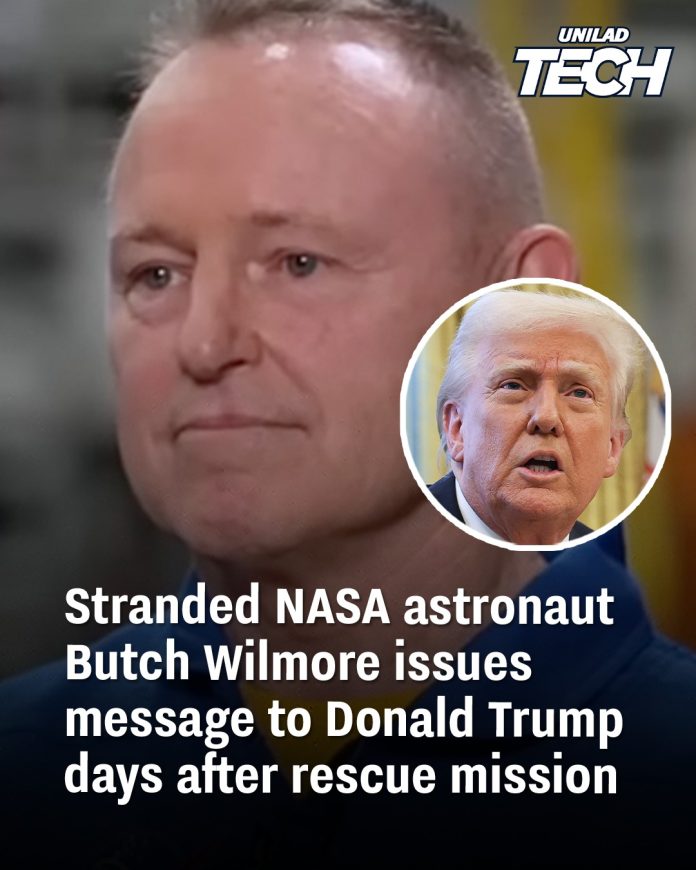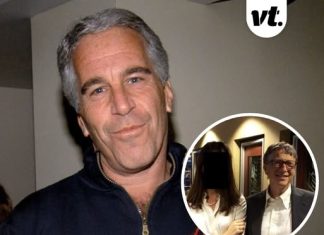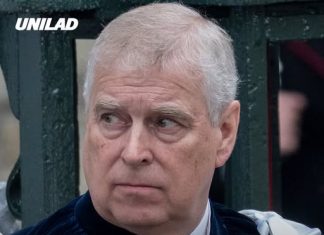NASA astronauts Sunita “Suni” Williams and Barry “Butch” Wilmore recently concluded an unexpected nine-month mission aboard the International Space Station (ISS), returning to Earth in March 2025. Their mission, initially planned as an eight-day test flight, was extended due to technical issues with their Boeing Starliner spacecraft, which was deemed unsafe for the return journey. Consequently, the spacecraft returned unmanned, leaving Williams and Wilmore to await a rescue mission.
During their extended stay, the astronauts adapted to their prolonged mission by engaging in various scientific experiments and maintenance tasks aboard the ISS. Williams reflected on the situation, stating, “We planned, we trained that we’d be there for some part of a time so we were ready to jump into it and take on the tasks that were given to us.”

Wilmore emphasized the importance of focusing on national objectives over personal considerations. He acknowledged the personal sacrifices involved, such as missing significant family events, but highlighted the necessity of compartmentalizing personal feelings to fulfill their duties. “It’s not about me, it’s not about my feelings, it’s about what the spaceflight program is about. It’s our national goals,” Wilmore explained.
news
The extended mission attracted attention from notable figures, including President Donald Trump and SpaceX CEO Elon Musk. Wilmore expressed gratitude for their involvement, stating, “I have no reason not to believe anything they say because they have earned my trust, and for that, I am grateful that our national leaders actually are coming in and taking part in our human spaceflight program.”
The astronauts’ return was facilitated by a SpaceX Crew Dragon capsule, which docked with the ISS in March 2025. The mission, involving NASA astronauts Anne McClain and Nichole Ayers, Japan’s Takuya Onishi, and Russia’s Kirill Peskov, marked the culmination of a 28-hour journey from NASA’s Kennedy Space Center. Upon docking, NASA astronaut Nick Hague welcomed the new arrivals, adding a humorous touch to the tense situation by wearing an alien mask.
The successful return of Williams and Wilmore highlighted the resilience and adaptability of astronauts in the face of unforeseen challenges. Their experience underscored the importance of international cooperation and the need for reliable spacecraft in ensuring the safety and success of human spaceflight missions.
In the aftermath, discussions have emerged regarding the future of the ISS and the direction of human spaceflight programs. Elon Musk has advocated for deorbiting the ISS to redirect funds toward Mars exploration, stating, “The decision is up to the President, but my recommendation is as soon as possible. I recommend 2 years from now.”
The extended mission also brought to light the physical and psychological challenges associated with prolonged spaceflight. Williams and Wilmore underwent immediate medical assessments upon their return and are expected to participate in a 45-day rehabilitation program to readjust to Earth’s gravity. This program addresses concerns such as muscle atrophy, bone density loss, and exposure to cosmic radiation.
Financial considerations have also been a topic of discussion. President Trump pledged to personally cover the astronauts’ overtime pay, acknowledging the extended duration of their mission. Calculations estimate that for their additional time in space, the astronauts would receive approximately $1,430 each, highlighting the modest compensation for such significant personal and professional sacrifices.

The mission’s challenges have prompted a reevaluation of current space policies and procedures. NASA has reiterated its commitment to ensuring the safety of its astronauts and is collaborating with partners like SpaceX to develop more reliable spacecraft. The agency has also addressed the political discourse surrounding the mission, emphasizing that decisions were made based on operational considerations rather than political motivations.
In conclusion, the unexpected extension of Williams and Wilmore’s mission has provided valuable insights into the complexities of human spaceflight. Their resilience and dedication serve as a testament to the human spirit’s capacity to adapt and persevere, paving the way for future explorations beyond Earth’s orbit.

















